Would you like to age forever?
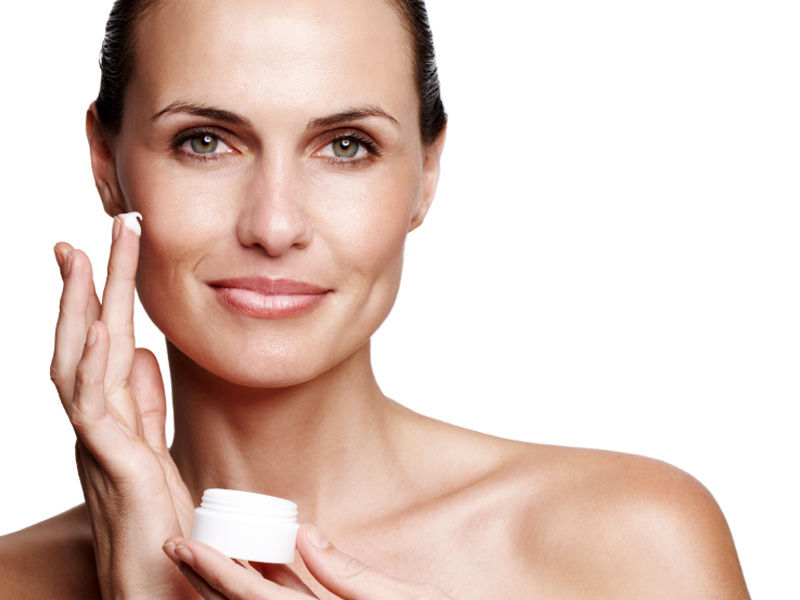 Cleaning is necessary to remove any makeup or skin care products that you may have applied throughout the day, as well as any accumulated bacteria, pollutants, and natural skin oils.
Cleaning is necessary to remove any makeup or skin care products that you may have applied throughout the day, as well as any accumulated bacteria, pollutants, and natural skin oils.
Even though we are powerless to stop the passage of time, we might be able to help you look younger in photographs and reflections. Here are some key recommendations for establishing the skin care regimen you need.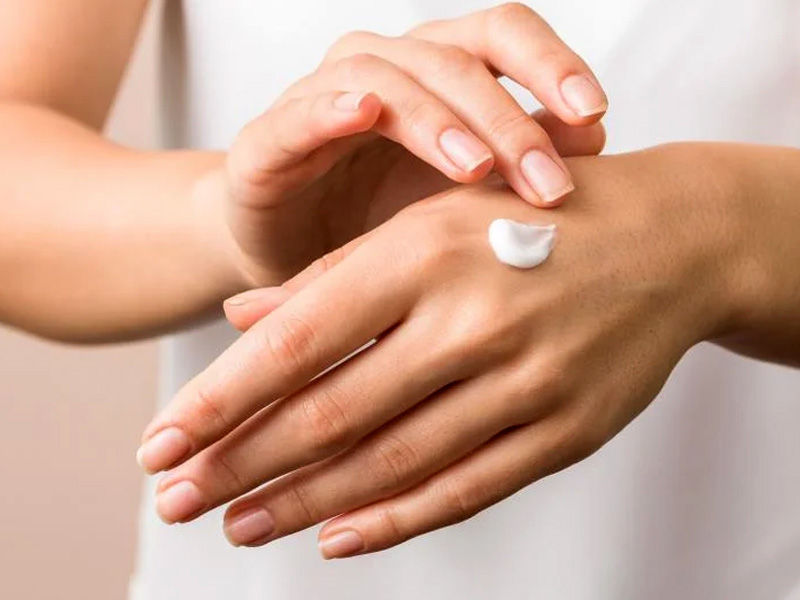
While cleaning, use a gentle cleanser.
It also suggests that your skin care products will work better and be able to enter your skin!
To protect your skin barrier and make it resilient to damage and dehydration, you should use a gentle cleanser. Natural soaps and other harsh cleansers with high pH levels might make your skin more prone to illness and discomfort. Low pH cleansers, like this one by Cosrx ($10.75 on Amazon), help to preserve the ideal equilibrium of the skin.
Sodium lauryl sulphate is another chemical to stay away from because it is so harsh. Your skin doesn’t have a cleanser on it for very long. Later processes, like when you apply serum, make far more use of those active substances.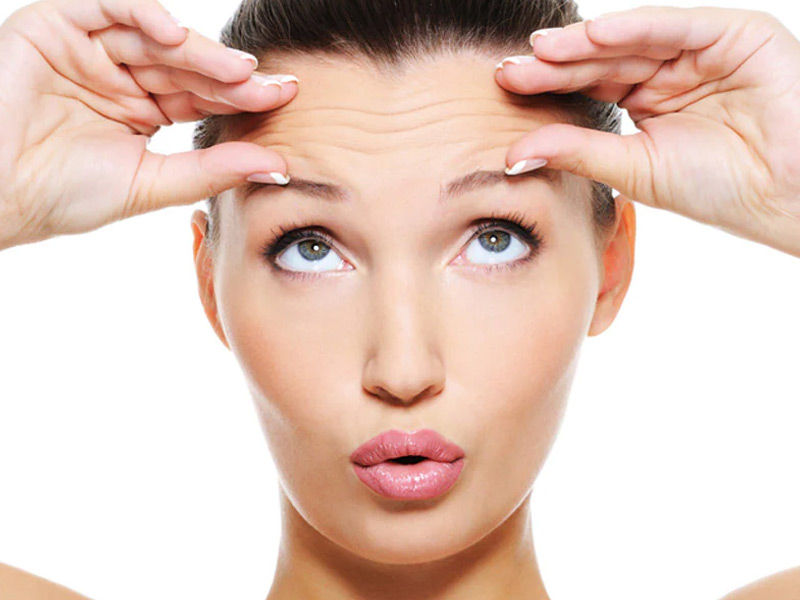
You need a toner, right?
If you are using a cleanser with a low pH, a toner is not necessary. In many cases, preventing damage altogether is preferable to reverse it later. Toners were developed in the past to increase the low pH of the skin after cleansing with a high-pH cleanser.
Use a chemical or physical exfoliant.
Your skin regenerates more slowly as you become older.
Your skin begins to seem dull and uneven and may even crack because dead skin cells aren’t replaced by new ones as quickly. Dead skin cells can be removed from your skin with the use of exfoliants.
Chemical exfoliants allow skin cells to separate gradually by breaking the connections that hold them together. Additionally, they are suitable for skin of any age. Alpha-hydroxy acids (AHAs), such as glycolic acid and lactic acid, are the finest exfoliants for ageing skin.
Bonus advice: AHAs will also help moisturise your skin and are excellent for lightening uneven pigmentation. This Gylo-Luronic Acid serum ($5.00 on Makeup Artist’s Choice), which has a blend of glycolic acid and hyaluronic acid, is one fantastic product. It offers qualities that can hydrate and exfoliate your skin.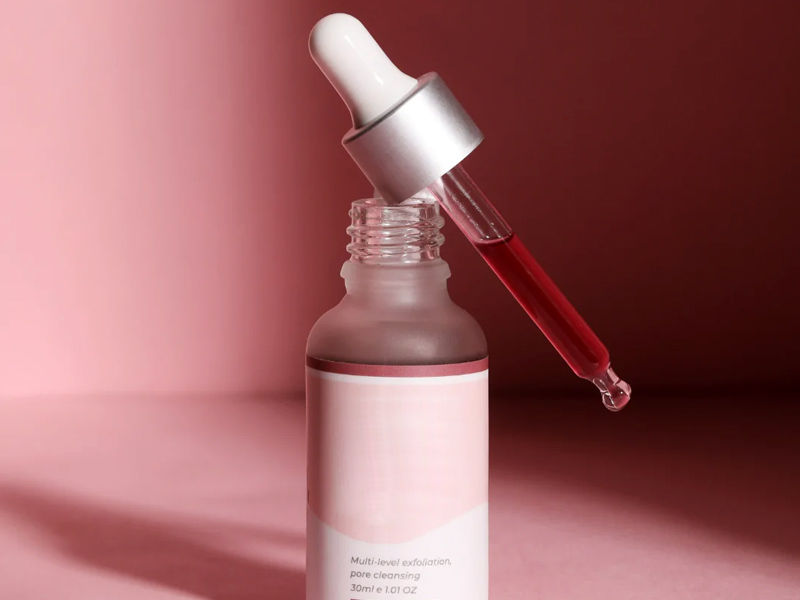
In general, serums have more active chemicals per volume than moisturisers. Vitamin C and retinoids (retinol, tretinoin, and tazarotene), which are derivatives of vitamin A, are the greatest anti-ageing substances to seek (L-ascorbic acid and magnesium ascorbyl phosphate). They also function as antioxidants to absorb the accumulating biological and environmental oxidative damage that leads to ageing by increasing collagen in your skin.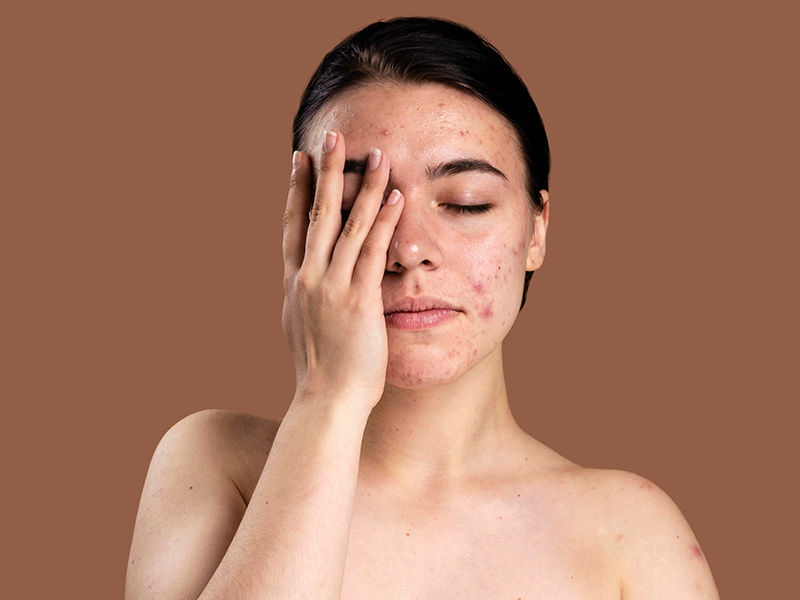
Even if the composition prevents a serum-like viscosity, you can try this reasonably priced, vegan, and cruelty-free vitamin C serum ($5.80 from The Ordinary) if you’re new to serums. Interested in giving it a go yourself? See my very simple homemade vitamin C serum.
Age also causes reduced sebum production… Insufficient skin hydration is one of the main causes of fine wrinkles, but fortunately, it’s simple to address with a decent moisturiser!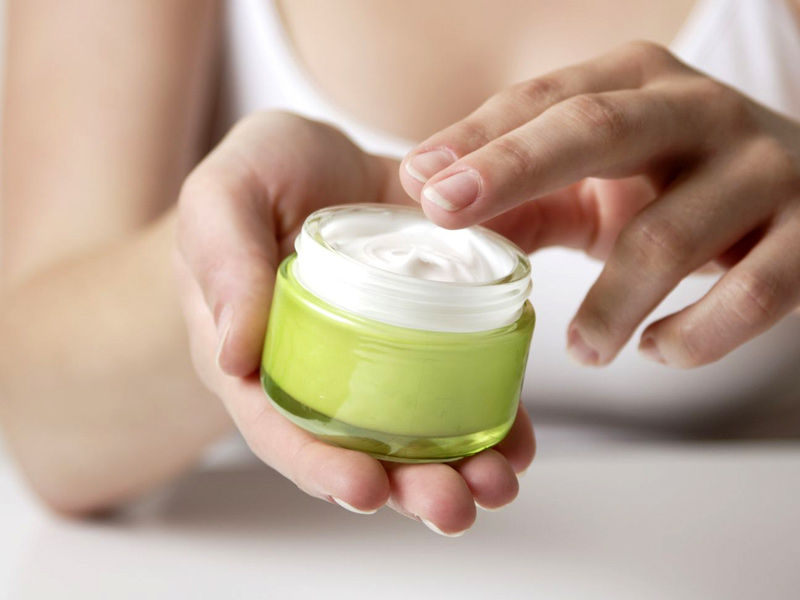
You can stop water from evaporating from your skin at night by applying an occlusive such as mineral oil or petrolatum (commonly referred to as Vaseline, though Aquaphor also works). Frequently use sunscreen.
Using sun protection is a tried-and-true method to keep your skin looking as young as possible. The majority of the outward indicators of ageing on your skin are caused by the sun, which is why dermatologists have created the unique category of photoaging for sun damage.
UV radiation from the sun can speed up ageing by:

breaking down collagen and altering elastin, which results in thinner skin and wrinkles and the development of asymmetrical pigmented patches.
One of the main causes of wrinkles is skin damage, and since older skin is more delicate Trauma can have more significant repercussions, according to a reliable source. Studies have revealed that resting your face against a pillow as you sleep can result in long-lasting “sleep wrinkles,” Despite the lack of evidence supporting the impact of how you apply skin care products.
So it makes sense to be extra cautious and avoid abrasive rubbing and tugging motions when washing your face and using skin care products.

























